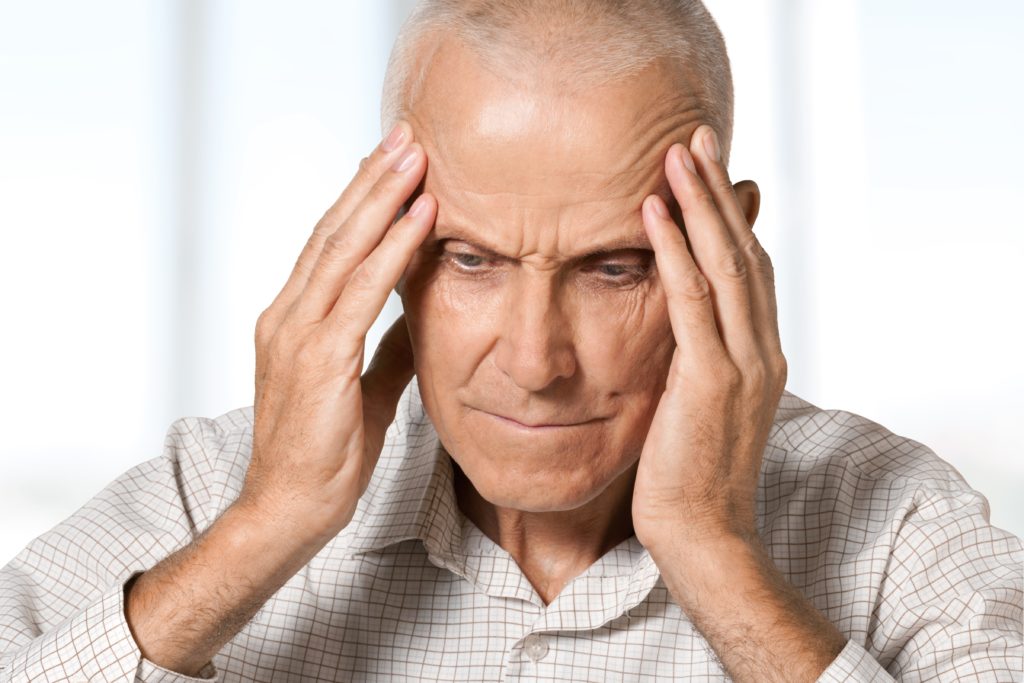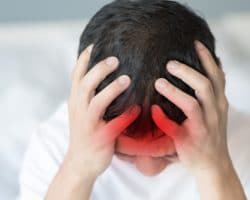Stroke: Many of the consequences are invisible
Each year, more than a quarter of a million Federal citizens suffer a stroke. The so-called cerebral infarction is one of the most common causes of death in Germany. He is also the most common cause of disability in adults. What is not known to many: a stroke often leaves invisible consequences.
Most common cause for permanent disability
According to health experts, around 270,000 German citizens suffer each year from a stroke. This is one of the most common causes of death in Germany. In addition, the so-called cerebral infarction is the most common cause of permanent disability in adulthood. What few people know is that, more often, behind the stroke can be invisible consequential damages. The Foundation German stroke points help in a message.

A Nationwide Day Of Action
A hinkender gear or a paralyzed Hand, such characteristics many people associate with a stroke.
But hardly anyone is aware that around 80 percent of the patients suffering from the invisible effects of this disease.
Therefore, the Foundation German stroke provides assistance to the nationwide “day against stroke” at 10. May under the Motto “I feel something, what you don’t siehst…”

The brain needs rest breaks
The experts refer to patient stories, which one knows or so in each neurological rehabilitation clinic:
A younger Person suffers a stroke, survives him externally, virtually unscathed, and returns to the workplace.
But a few weeks later, the Patient collapses and needs to be in rehab. Many Sufferers only notice in everyday life that you are no longer able to cope with the demands of your life so far.
“The brain needs in the first 18 to 36 months after the stroke, extremely many periods of recovery,” explains Dr. Caroline Kuhn, head of the neuro-psychological teaching and research outpatient clinic of the University of the Saarland.
Patients are often overwhelmed with simple tasks
According to the experts attention and concentration deficits count, often accompanied by lapses in memory and planning disorders, the most common neuro-psychological function disorders after stroke.
Patients are not overwhelmed often with the organization of your shopping.
Also often it comes to language or vision problems. Add to this the often emotional changes, the put a strain on the relationship to partners and family members.
Lack of outpatient care
The stroke of the Auxiliary advises those Affected to get professional help. Outside of neurological rehabilitation clinics established neuro-psychologists be the first address.
However, the outpatient care situation is bad, patients have to often wait months for an appointment. There are simply too few such therapists.
Dr. Thomas Guthke, first Chairman of the society for neuro-psychology, speaks of an “extreme deficit in the offer neuropsychological services, particularly in the outpatient area very clearly.”
The society has rolled over, that there is a nationwide need for at least 1,000 outpatient neuro-psychologists. Currently, there are in Germany, but only around 200.
According to the experts, the two main reasons: neuro-psychologists have a special, extensive training, you will be entitled for a number of years, outpatient treatment with the health insurance.
The training is very lengthy, which deters many potential customers. In addition, the approval procedures are very time-consuming.
Particularly empathetic to deal with its victims
It can take years until the Situation relaxes. Dr. Caroline Kuhn, the Foundation German stroke consults help, recommends patients get an appointment to first contact an occupational therapist.
“You should be careful in the selection of practice, the therapists specialize in neurological disorders,” says the Neuro-psychologist, is the author of an advice book for patients and relatives.
Family, friends and work colleagues, should deal mainly in the first time after the stroke is particularly empathetic with the person Concerned.
Kuhn advises patients “to communicate openly, that my load limits are reduced. Then my environment, can deal better with it. That is no reason to be ashamed of“. (ad)



